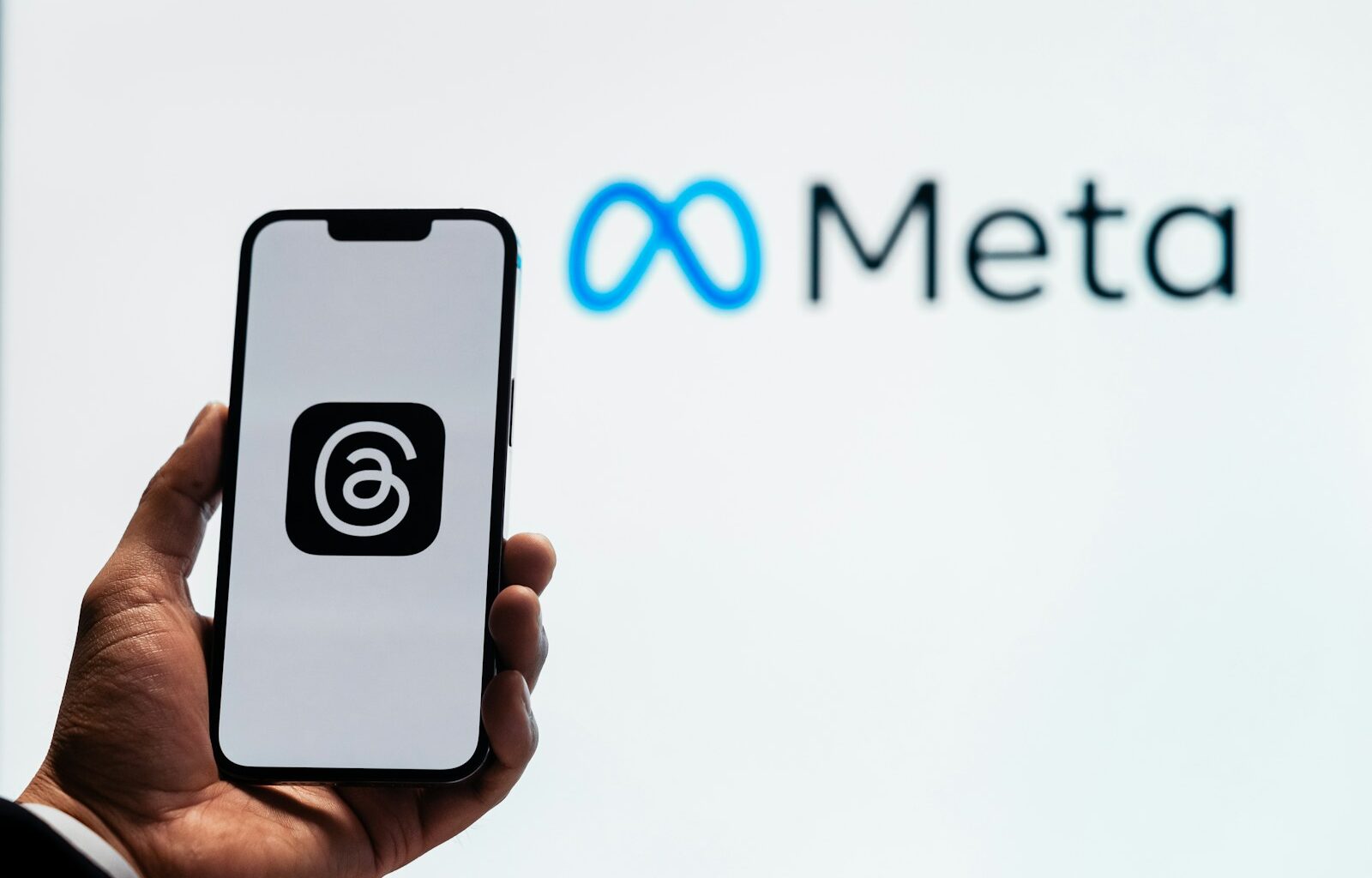Mark Zuckerberg says pressure from Biden made him re-think Meta’s content moderation policy
During a recent episode of the popular Joe Rogan Experience podcast, Mark Zuckerberg, the CEO of Meta, shared his motivations for re-evaluating the company’s content moderation policies. This change comes amid a backdrop of increased pressure surrounding the moderation of online content.
On Tuesday, Zuckerberg released a video on Meta’s official blog, declaring a significant shift in their approach to content verification. Instead of relying on fact-checkers, Meta plans to use a community-based system for note-taking, reflecting a strategy similar to the one Elon Musk employs on his platform, X.
The response to this announcement was mixed. Numerous independent fact-checking organizations expressed disapproval, criticizing the change as a deviation from maintaining content accuracy.
Zuckerberg explained his decision to Rogan, citing “censorship” as the driving factor. He believes that companies like Meta are founded on the principle of giving individuals a voice. “It goes back to our original mission,” he stated, emphasizing the importance of empowering users to share and connect openly.
Over the last decade, however, Zuckerberg noted an increasing call for “ideological-based censorship” on the platform. This pressure intensified during significant global events such as the 2016 election, Brexit, and the COVID-19 pandemic, compelling Meta to begin censoring content based on these pressures.
Initially, Zuckerberg acquiesced to these demands, believing they were rooted in valid concerns about misinformation. In response to the fallout from the 2016 election, he introduced a network of third-party fact-checkers to tackle false claims, like those questioning the shape of the Earth. However, the system soon encountered challenges, with critics alleging bias in the moderation process.
The strain on Meta’s moderation strategies reached a crescendo during the COVID-19 pandemic when the Biden administration launched its vaccination program. Zuckerberg mentioned that during this period, “They pushed us super hard to take down things that were, honestly, were true,” referring to an increased effort to silence dissenting voices about the program.
Such ongoing pressures have prompted Zuckerberg to consider revising Meta’s content moderation for some time now. He conveyed confidence in the new direction, reflecting on the resilience the platform has developed over the past 8-10 years of facing significant institutional pressure.
“I feel like this is kind of the right place to be going forward,” Zuckerberg concluded, suggesting that the new approach is well-grounded after years of external influence.
This transition in policy underscores the complex landscape that tech giants like Meta navigate in balancing user empowerment with the responsibility of content accuracy and reliability. As Meta moves towards more community-driven content oversight, it remains to be seen how this will affect the ecosystem of online information sharing and the broader implications of such changes.









